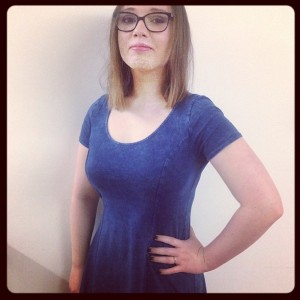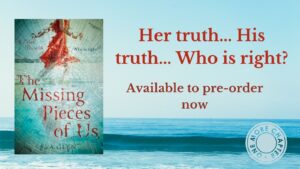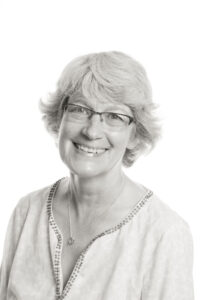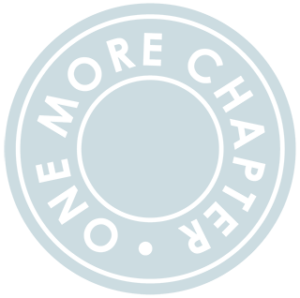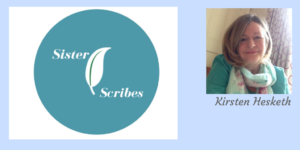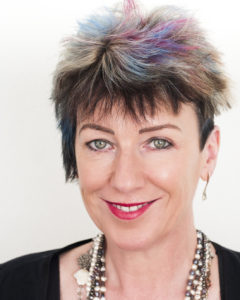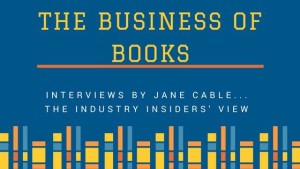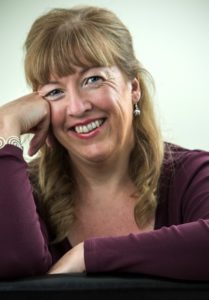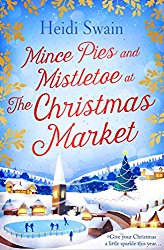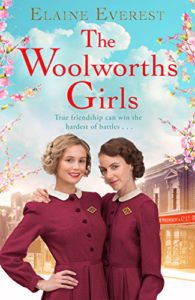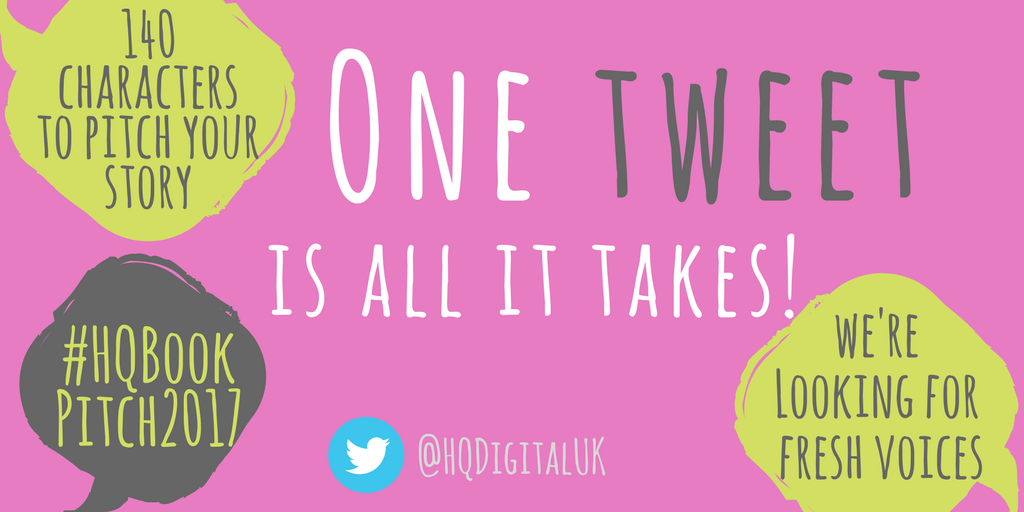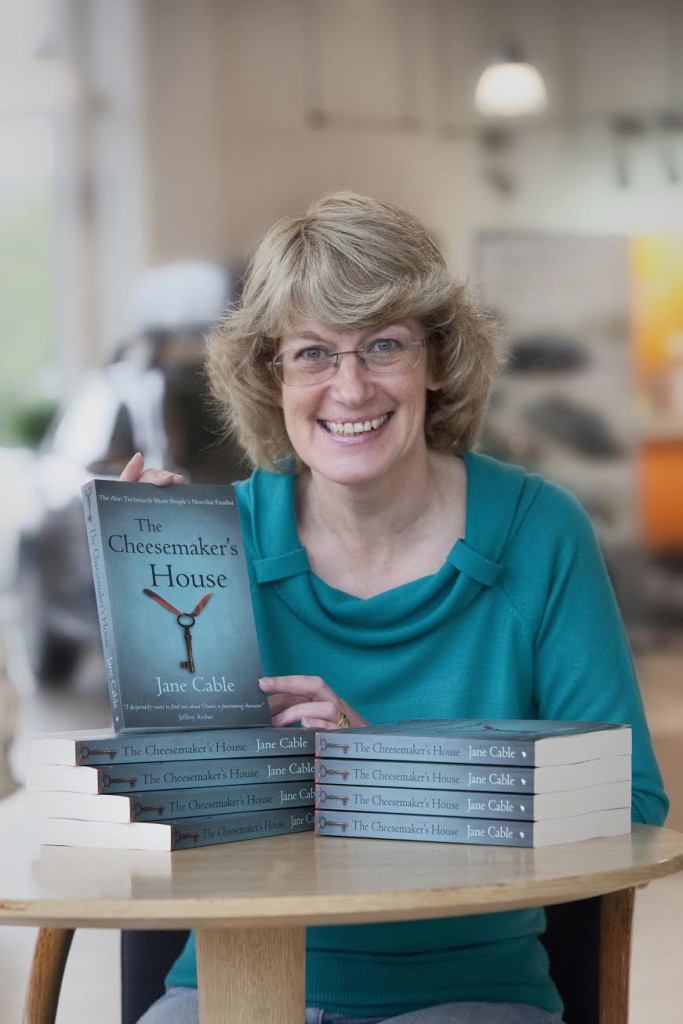In January this year one of the most amazing things happened to me: I got a literary agent. Having an agent was always something beyond my wildest dreams, more than that, my agent is the amazing Susan Yearwood. Champagne popping time indeed.
I spent the months in the run up to Christmas researching agents and sending off submissions. I went through The Writers’ & Artists’ Yearbook with precision, choosing ten agents to send my book off to. I researched every agent heavily and Susan called to me. There are a few interviews I found in which Susan and her ethos resonated with me. I knew she was The One. In fact, before her email asking to schedule a call with her, I had a dream she was my agent and we were being interviewed at a literary festival together.
In the end I sent my first novel off to a lot of agents and publishers. I got a lot of good feedback and a few full manuscript requests. I also got a wonderful rejection from Harper Collins, who read the entire thing and sent me four paragraphs of feedback. They even asked me to send them anything else I wrote. In the end Susan passed on my first novel, but she liked my writing enough to ask if I had anything else I could send her. Thankfully I did. I always write a first draft of a book and then get started on another one while I let the other one sit. Then I go back to it with fresh eyes, alternating my drafts. I did not think the other book was ready and had spent hundreds sending it off to a professional editing agency for feedback. By the time the feedback came back Susan had been my agent for three months! It may have been a waste of money, but I have no complaints.
Susan loved the book and took my on as a client after our phone call. I was a true pinch me moment. For anyone who wants an agent and does not have one yet I would say the following things:
- Write a good book. Send off the first three chapters, along with a synopsis that really grabs.
- Collate all of the writing you have done and any awards you have won. Write a paragraph about yourself that sells all you have to offer. Covering letters are important.
- Get a copy of The Write”s and Artists’ Yearbook and research what agents work in your genre.
- Start submitting.
- Keep submitting.
- Take rejection in your stride.
- Listen to all feedback.
- Redo your submission to suit various agents.
- Start writing your new book.
Good luck!

